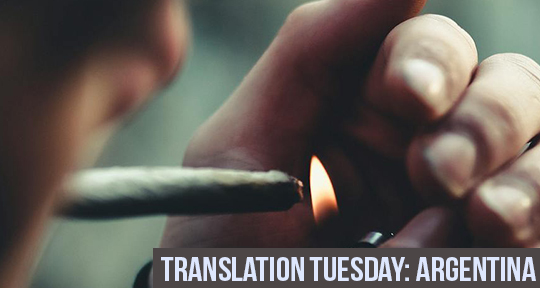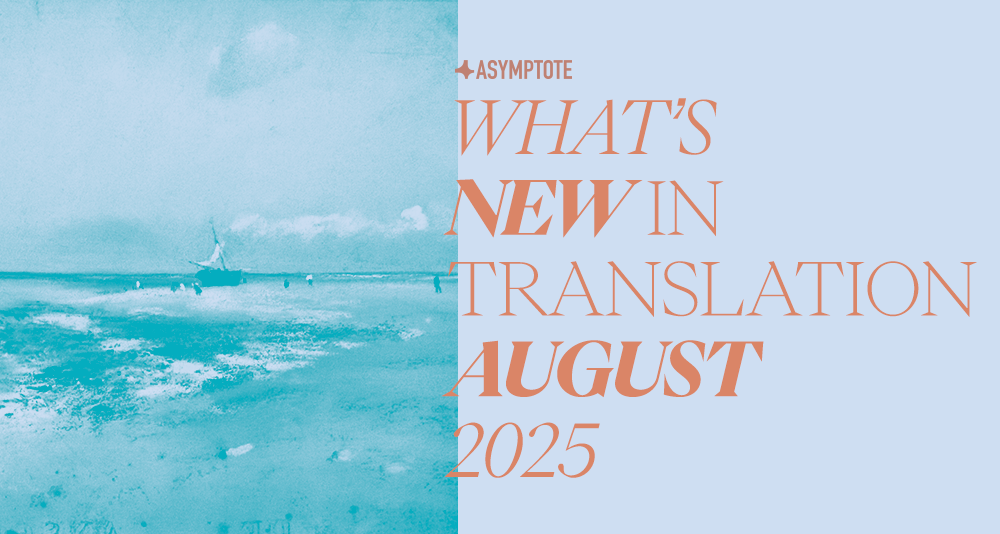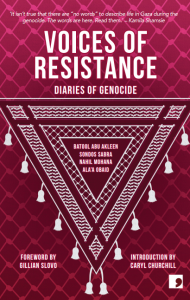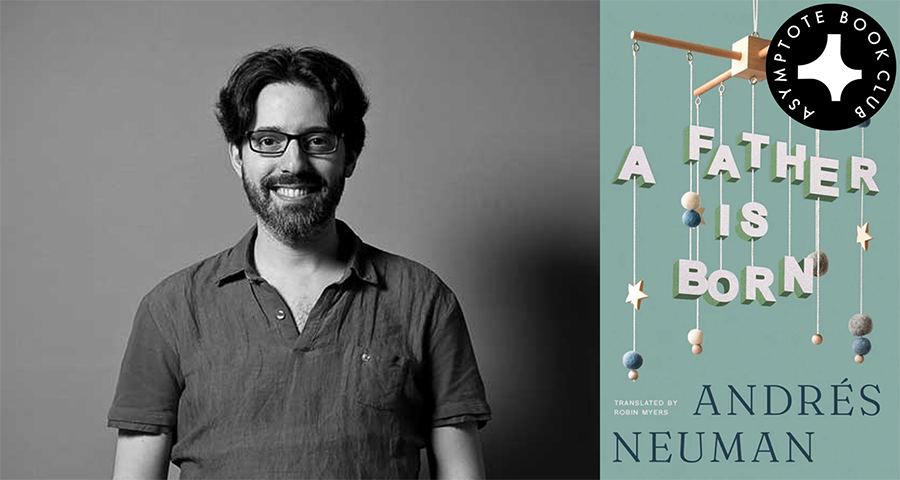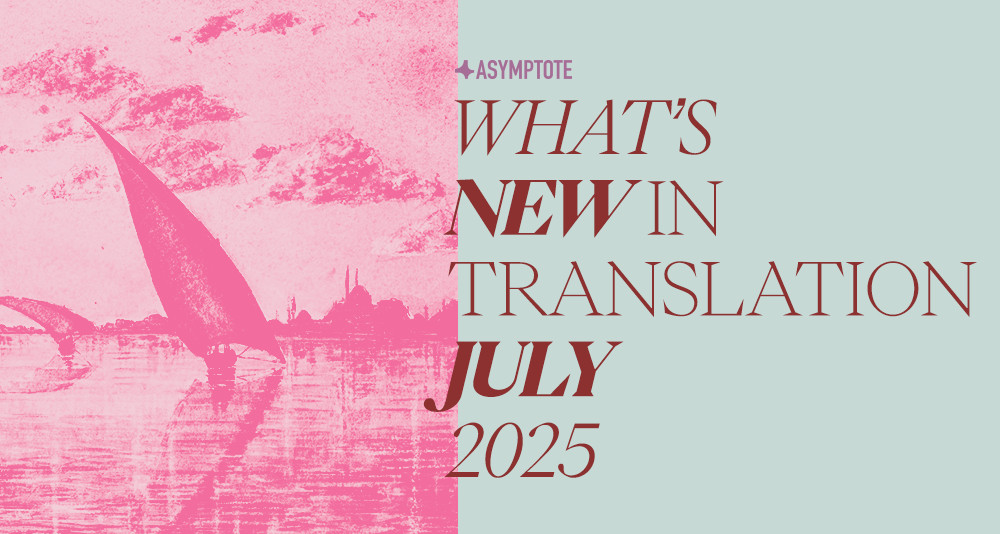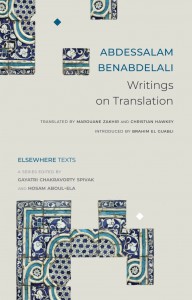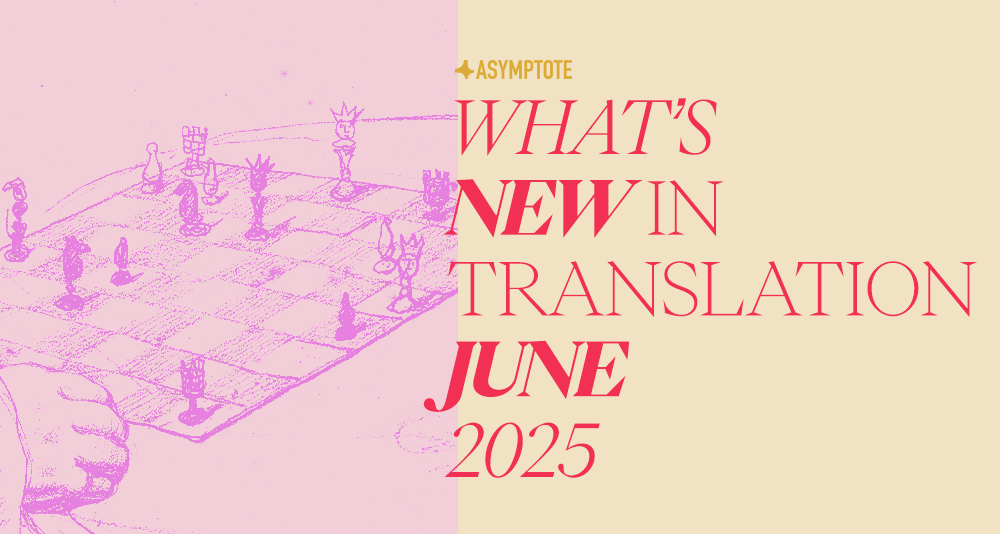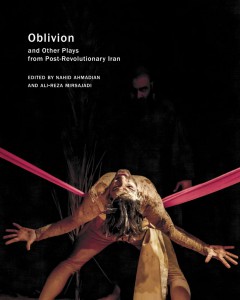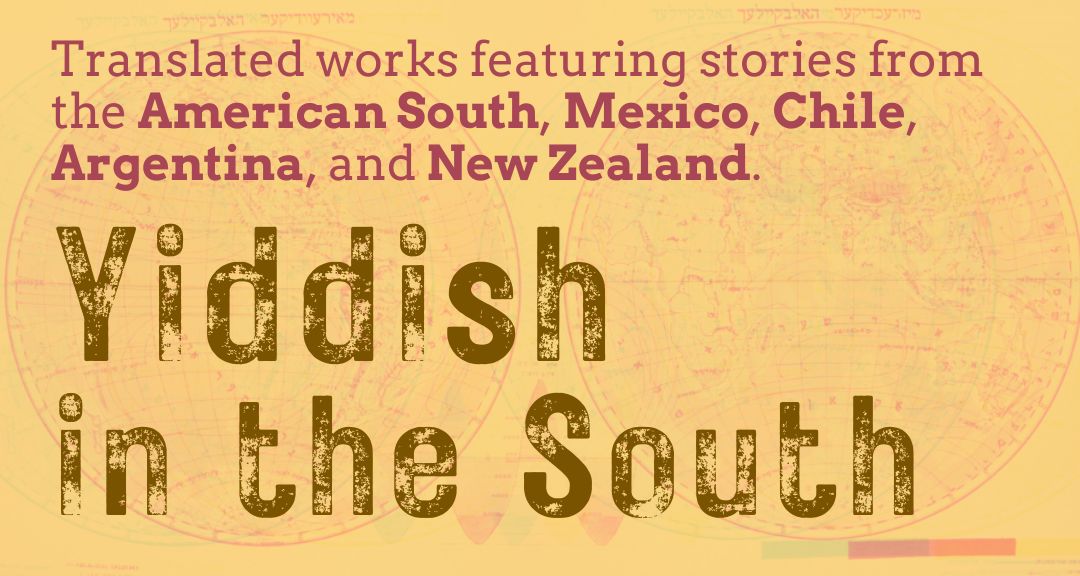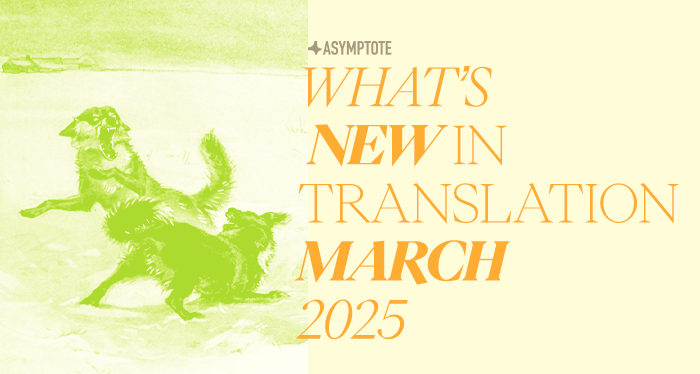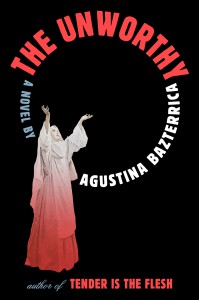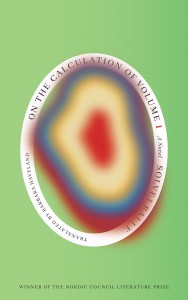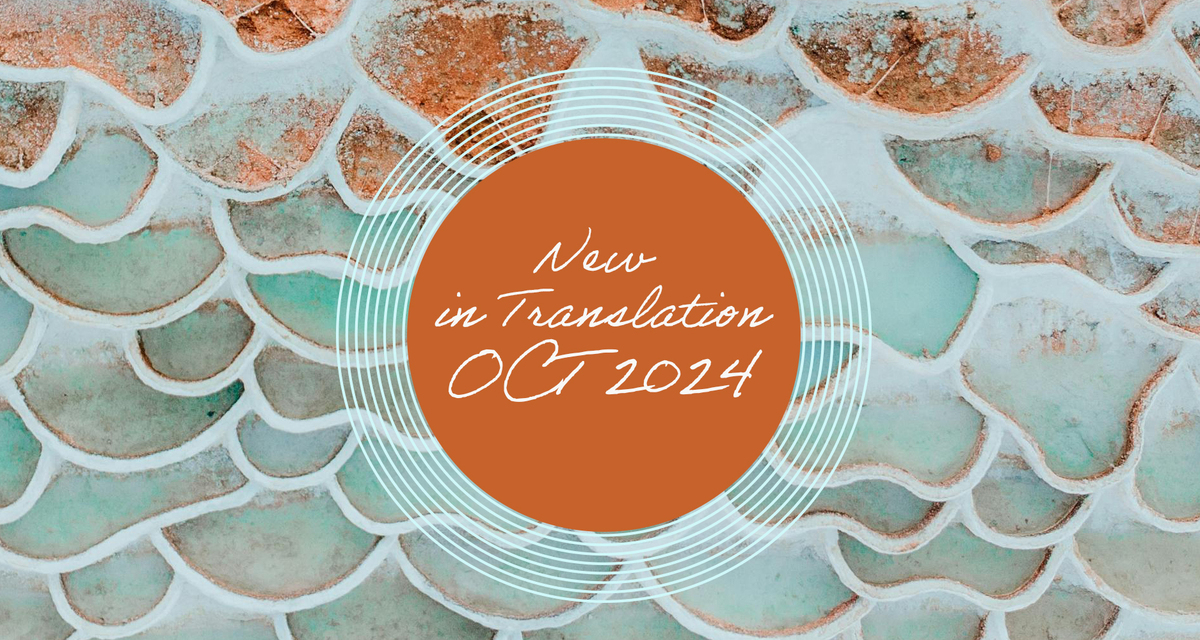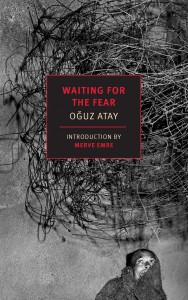Somebody Is Walking on Your Grave by Mariana Enríquez, translated from the Spanish by Megan McDowell, Hogarth, 2025
On a visit to St. Louis Cemetery No. 1, in New Orleans, the narrator of Mariana Enríquez’s Somebody Is Walking on Your Grave describes a particular site: ‘Another grave has a sign that says “Crime happened here” in red, but the story, which is detailed on the lower part of the sign, is illegible, washed away by the rain.’ With this image, the Argentinian author provides the perfect analogy for her approach in this most recent non-fiction. In historical and literary terms, a palimpsest is a manuscript page—typically made of parchment—that has been scraped clean to be reused for new writing. However, the original ink often left ghostly remains—faint traces of the earlier writing bleeding through the new surface. Just as a palimpsest may contain multiple eras of writing on a single sheet, the graveyard is a site where history is simultaneously layered and scraped away by neglect. Thus for Enríquez, the graveyard is the ultimate palimpsest: a site where the past remains waiting for a sensitive traveller to decipher its remnants, akin to a medium searching for spirits.
In summary, Somebody Is Walking on Your Grave is a compilation of personal anecdotes that take place in specific cemeteries, with chapters set in Georgia (the state), New Orleans, Paris, and Guadalajara, among others. These places become testing grounds for the notion of graveyard as palimpsest, a methodological effect winningly achieved through Enríquez’s standout narration, which reads as equally friendly and eccentric, with a bleakly comic outlook and a fascination with the supernatural, while also tinged with a hardened scepticism. She is not any mere tourist of the morbid, but someone with a deep, almost joyful affinity, for the macabre. This odd combination of credulity and cynicism is best illustrated in the chapter detailing her visit to the cemeteries of Savannah, Georgia. During a visit to Conrad Aiken’s grave, the narrator recounts the horrific predicament of his family—how he was orphaned as a toddler after his father murdered his mother and subsequently committed suicide—but frames it within a series of casual remarks. Rather than expounding at length on the gruesome story, Enríquez mentions the grave with a peripatetic levity, recounting it amongst the perceptions of other graves that she walks by, noting: ‘Aiken’s grave isn’t the only one with a bench—Johnny Mercer also invites you to sit down.’ READ MORE…


